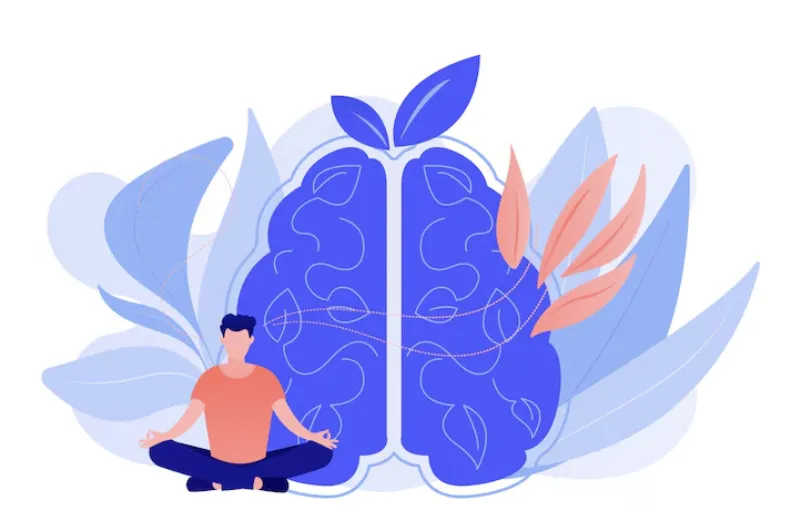Strategies for Success in Different Contexts

Effective communication is a versatile skill that transcends boundaries and plays a pivotal role in various aspects of life. Whether you're in a professional setting, navigating personal relationships, or engaging in public speaking, mastering effective communication techniques is essential for building rapport, resolving conflicts, and achieving mutual understanding. In this article, we'll explore how to apply effective communication strategies in different contexts, empowering you to navigate diverse situations with confidence and clarity.
Professional Settings: In the workplace, effective communication is vital for fostering collaboration, driving productivity, and achieving organizational goals. Here's how to apply effective communication strategies in professional contexts: a. Clear and Concise Messaging: Communicate your ideas and instructions clearly and concisely, avoiding jargon or technical language that may be unclear to others. b. Active Listening: Practice active listening by giving your full attention to colleagues, supervisors, and clients, and responding thoughtfully to their concerns and feedback. c. Professional Etiquette: Maintain professionalism in all communication channels, including email, meetings, and presentations, by using formal language, observing proper etiquette, and respecting boundaries. d. Conflict Resolution: Handle conflicts or disagreements diplomatically by actively listening to all parties involved, seeking common ground, and proposing constructive solutions. e. Assertive Communication: Assert your needs, opinions, and boundaries confidently and respectfully, while also being open to others' perspectives and feedback.
Personal Relationships: Effective communication is the foundation of healthy and fulfilling personal relationships. Here are strategies for applying effective communication in personal contexts: a. Open and Honest Dialogue: Foster open and honest communication with family members, friends, and romantic partners, expressing your thoughts, feelings, and needs openly and respectfully. b. Active Listening and Empathy: Practice active listening and empathy in personal relationships, seeking to understand others' perspectives and emotions without judgment or criticism. c. Conflict Resolution: Address conflicts or misunderstandings in personal relationships promptly and constructively, using "I" statements, active listening, and compromise to find mutually satisfactory resolutions. d. Quality Time: Make time for meaningful conversations and quality interactions with loved ones, prioritizing face-to-face communication and genuine connection over digital communication. e. Supportive Communication: Offer support, encouragement, and validation to friends and family members during challenging times, demonstrating empathy and understanding.
Public Speaking and Presentations: Mastering effective communication is essential for delivering engaging and persuasive presentations or speeches. Here's how to excel in public speaking contexts: a. Preparation and Practice: Prepare thoroughly for presentations or speeches, organizing your thoughts, rehearsing your delivery, and anticipating potential questions or objections. b. Engaging Delivery: Capture your audience's attention with a dynamic and engaging delivery, using vocal variety, gestures, and visual aids to enhance your message and maintain interest. c. Clarity and Structure: Structure your presentation or speech logically, using clear and concise language to convey your main points and key takeaways effectively. d. Audience Awareness: Tailor your message to your audience's interests, needs, and level of expertise, using examples and anecdotes that resonate with them and address their concerns. e. Handling Q&A Sessions: Prepare for Q&A sessions by anticipating potential questions and practicing concise and confident responses, demonstrating expertise and credibility.
Digital Communication: In an increasingly digital world, effective communication extends to virtual platforms such as email, messaging apps, and social media. Here's how to communicate effectively in digital contexts: a. Clarity and Brevity: Keep digital communications clear, concise, and to the point, using bullet points or numbered lists to organize information and avoid lengthy or convoluted messages. b. Tone and Etiquette: Maintain a professional and courteous tone in digital communications, observing proper etiquette and avoiding sarcasm, ambiguity, or misunderstandings. c. Timeliness and Responsiveness: Respond promptly to emails, messages, and inquiries, demonstrating respect for others' time and priorities and fostering timely communication and collaboration. d. Privacy and Security: Respect privacy and confidentiality in digital communications, using secure channels and exercising discretion when sharing sensitive information or discussing confidential matters. e. Embracing Video Conferencing: Embrace video conferencing tools for virtual meetings and presentations, maintaining professionalism and engagement through clear communication, active listening, and visual cues.
Practicing Mindful Communication: a. Be Present: Practice mindfulness and be fully present in your interactions, giving your undivided attention to the conversation and showing genuine interest in the other person. b. Pause and Reflect: Take pauses during conversations to reflect on your thoughts and emotions before responding. This allows for more thoughtful and intentional communication. c. Manage Emotions: Be aware of your emotions and how they may influence your communication. Practice emotional regulation techniques to manage stress, anger, or anxiety and communicate with composure and clarity. d. Cultivate Empathy: Cultivate empathy by actively listening to others, acknowledging their emotions, and responding with compassion and understanding. e. Practice Gratitude: Express appreciation and gratitude for the opportunity to communicate and connect with others, fostering positive and uplifting interactions.
Effective communication is a multifaceted skill that requires adaptability, empathy, and mindfulness. By applying effective communication strategies in different contexts, you can build stronger relationships, enhance collaboration, and achieve greater success in both personal and professional realms. Remember, communication is not just about words—it's about connection, understanding, and mutual respect. Embrace the power of effective communication, and watch your relationships and opportunities flourish.





